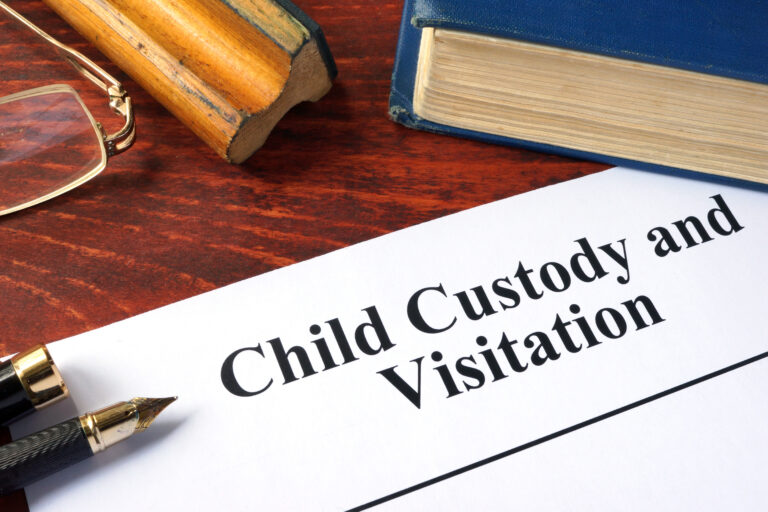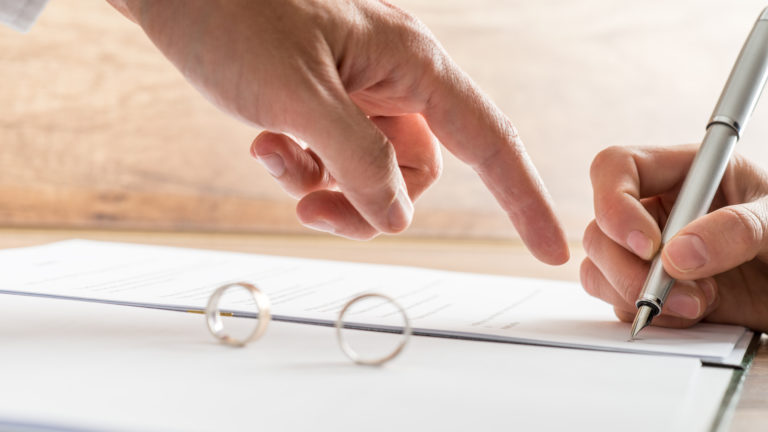- March 9, 2017
When it comes to LGBTQ+ families, the laws can be complex and difficult to navigate, especially because there isn’t a lot of precedence to work from. However, if you look at it from an emotional standpoint, a practical standpoint, and a perspective that is focused on the wellbeing of the child or children, then things really aren’t all that different between separated LGBTQ+ families and separated heterosexual families. In both cases, the best possible scenario is for the parents to reach a fair and sustainable agreement concerning custody and co-parenting.
How To Reach Agreements Concerning Custody and Co-Parenting
Everyone needs help and resources when it comes to sorting out complex and uncomfortable family issues where there are likely to be passionate disagreements and challenges. This is where it helps to seek out family counseling or a mediator to facilitate compromise, positive interaction, and healthy parent-child and co-parent relationships. If a custody dispute makes it as far as a courtroom, it will have to pass through mediation to get there.
If it does make it to court, things are in a bad way, already. This means that mediation was unsuccessful, and the parents are likely dealing with a lot of contentious feelings that impact the children and their relationships with both parents. So, it is worthwhile to consider the various issues, such as legal custody, physical custody, and visitation and support, with the help of a professional therapist and/or mediator. You can also learn more by contacting an LGBTQ+ family law attorney from Greenville Family Law.
When Both Parents are Legal Parents of a Child in an LGBTQ+ Family
Children who are born into a marriage are the legal child of both parents. As are children who were born into civil unions and registered domestic partnerships, based on the state laws where the child was born. Any children who have been adopted through a step-parent or second parent adoption are also legally the children of both parents.
A child who is jointly adopted by both parents is also legally the child of both parents. In all of these cases, the custody issues and disputes will be resolved in the same way that they would be for separated or divorced heterosexual couples.
When Just One Parent is the Legal Parent of a Child in an LGBTQ+ Family
It is very common in LGBTQ+ families for just one parent to be the legal parent. This can happen when one parent came into the relationship with a child and/or when one parent is the biological parent of a child born into a relationship that is not a marriage, and the other is not. It is important, for this reason, for non-biological parents in an LGBTQ+ family to obtain legal parental rights through step-parent or second parent adoption. If you are a parent without any legal parental rights, then you have little ground to stand on in custody and visitation. You also won’t have to pay child support, but most parents would rather pay support than have to accept a life without the presence of the children that they love.
If you are the only legal parent of a child, then it is up to you to make sure that your child still has the benefit of a loving and positive relationship with their other parent. It does not take legal paperwork to forge an emotional bond, and even though you may not want to maintain a co-parenting relationship with an ex partner, it is likely to be in the best interests of the child. Of course, there are cases where a legal parent might believe that it is not in the child’s best interests to maintain such a relationship. It is wise to evaluate your true motivations and beliefs about the parent-child relationship and be sure that your decisions take the child’s best interests into account. In many LGBTQ+ relationships, the only reason that one parent doesn’t have legal rights is because the couple never married or no adoption was carried out. This should not be the only reason that your child loses the opportunity to maintain a positive relationship.
It is also important to talk to the child or children about what they want, and how they feel about their other parent. If the child does not perceive your ex partner as a parent, then things may be entirely different. If the person is truly toxic or abusive, then you may actually be correct to decide to completely remove the person from you and your children’s lives. If the relationship was positive, supportive, and included a family bond, then that is not something you want to break. Your child may grow to resent you for doing so if you do, and he or she may end up dealing with the emotional impact of separation long into adulthood.
The Laws that Apply to Heterosexual Couples Should Apply to LGBTQ+ Families
Many parents in LGBTQ+ homes who have separated feel that they have no legal options if the child is not their biological child. However, it is important to remember that the same laws that would address your situation in a heterosexual family should apply to your case, too. You should find out what the laws are concerning non-legal parents and whether or not there is any path through the appellate court. Such steps can be extremely challenging, involving intense scrutiny, and may not be successful; but depending on your circumstances, it may be the best option.
Ultimately, the best case scenario is one in which both parents come together to make mutual decisions and compromises for the best interests of the child. You should make every effort to maintain a positive relationship with your co-parent, to protect your parent-child relationship, and to ensure that your child has the proper support and emotional commitment. Separating from a partner should not require you to separate from your child.
Contact an experienced South Carolina LGBTQ+ family law attorney at the Greenville Family Law to learn more about your options and how South Carolina family law applies to your child custody, visitation, and support issues.








